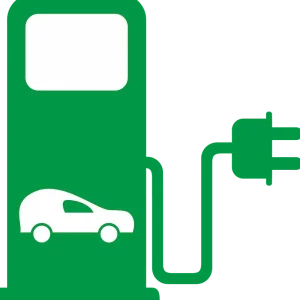MEPs rejected a move to tighten 2020 targets on average CO2 emissions for manufacturers’ van fleets to less than the current target of 147g/km but said stricter limits would be introduced in 2025.
Alliance of Liberals and Democrats for Europe MEP Holger Krahmer, the European Parliament’s rapporteur for the review of the regulation, welcomed the committee’s decision to retain the 147g/km
CO2 target for 2020 in its draft law, which was agreed in 2010.
He said: “Calls for more ambitious targets were rejected. If we change targets too often manufacturers do not have planning security.”
But Krahmer did not approve of the decision to introduce speed limits.
“The EU is not the right place to regulate the behaviour of van drivers,” he argued. “It is not the task of the EU to dictate a maximum speed limit of 120km/h. This is an intervention into the road traffic regulations of the member states.”
Brussels-based green transport lobby group Transport & Environment supported capping van speed limits. It claimed the move would encourage the supply of smaller engines and cut average van fuel consumption and emissions by at least 6% a year.
The group also called for tougher emissions limits. It claimed the 2020 target of 147g/km CO2 overestimated the price increase consumers would have to pay to cover the cost of the technologies required to lower emissions. William Todts, Transport & Environment’s policy officer, clean vehicles, said emissions targets for vans were “not very ambitious compared to cars” and should be set at 118g/km for 2020 to bring them in line with the 95g/km target for cars. For 2025 he said a sub-100g/km figure should be introduced for vans to boost the uptake of more advanced technologies.
But the European Parliament set a target for van fleets to cut average emissions to between 105g/km and 120g/km CO2 by 2025, with a figure to be finalised by 2017. It also said manufacturers could use super credits, which assign a favourable weighting to vans that emit less than 50g/km of CO2. Each of these vehicles would count as 3.5 vans in 2014, falling to 1.3 from 2018 to 2023. However, the number of vans affected by these multipliers must not exceed 1% per manufacturer.
The committee said the UN-defined World Light Duty Test Procedure should replace today's procedure in EU law “as a matter of urgency” to bring official emission figures in line with those achieved under everyday driving conditions.
The proposals will be negotiated by EU ministers. Once agreement is reached the European Parliament will vote upon the amended regulation.






